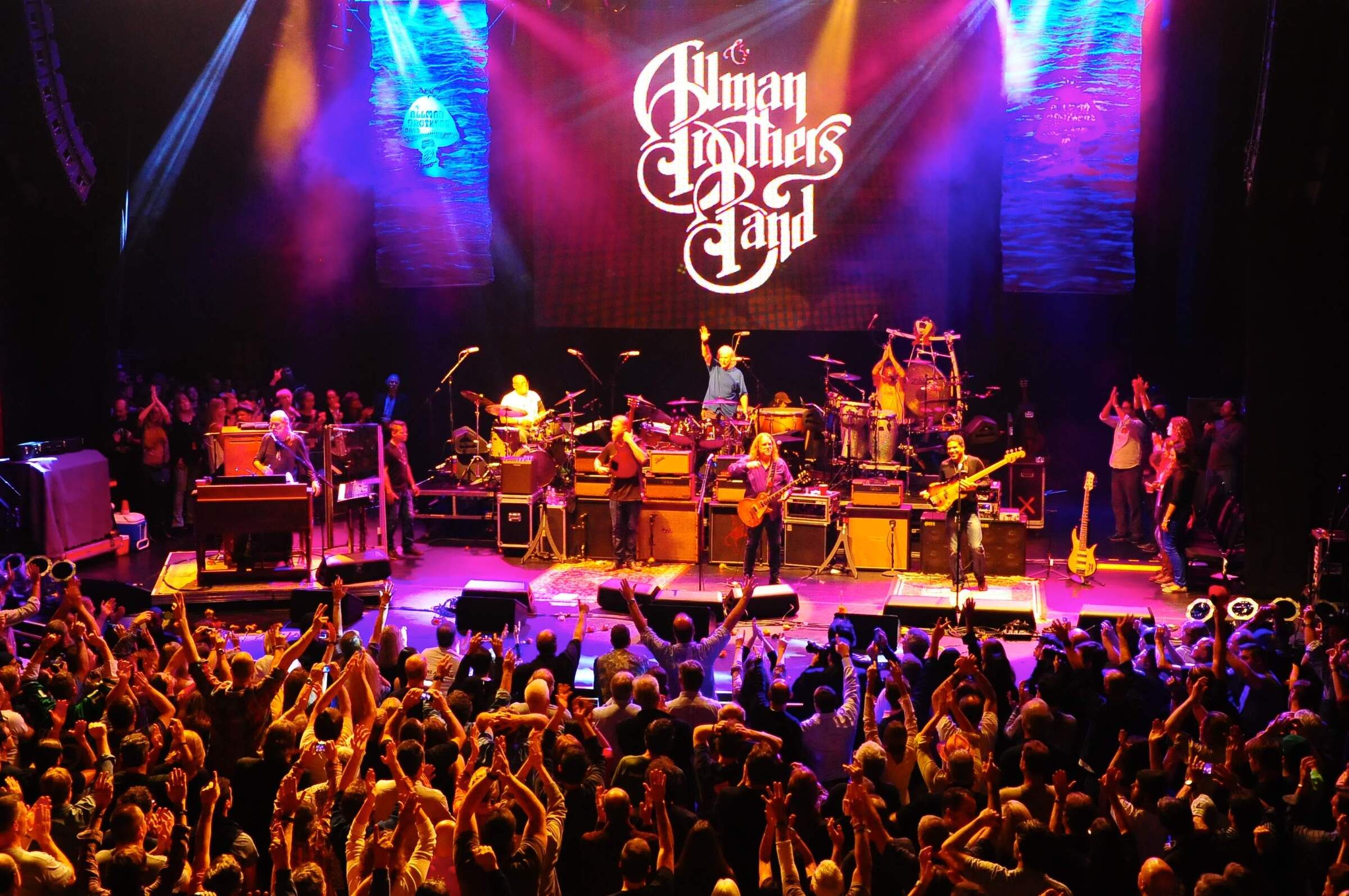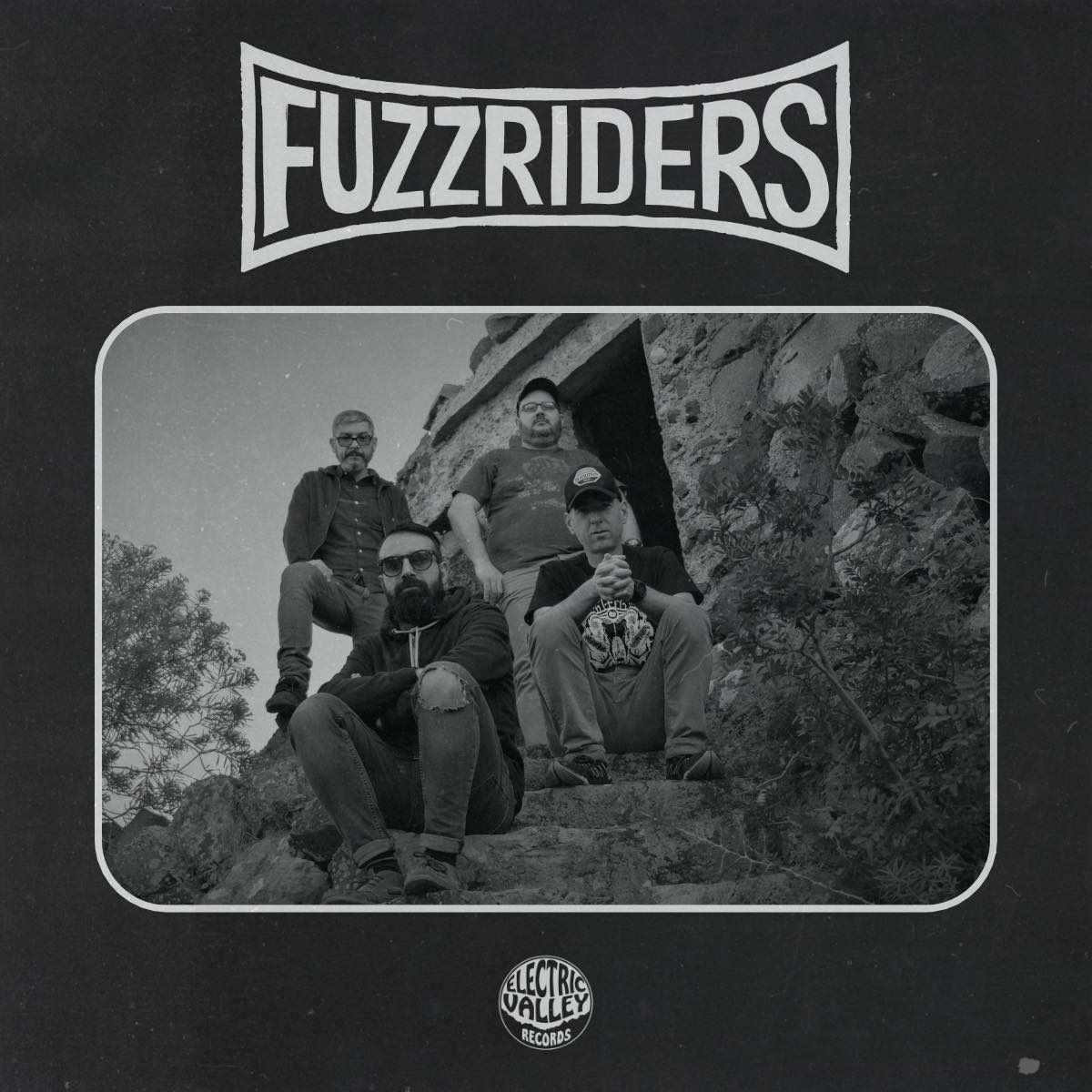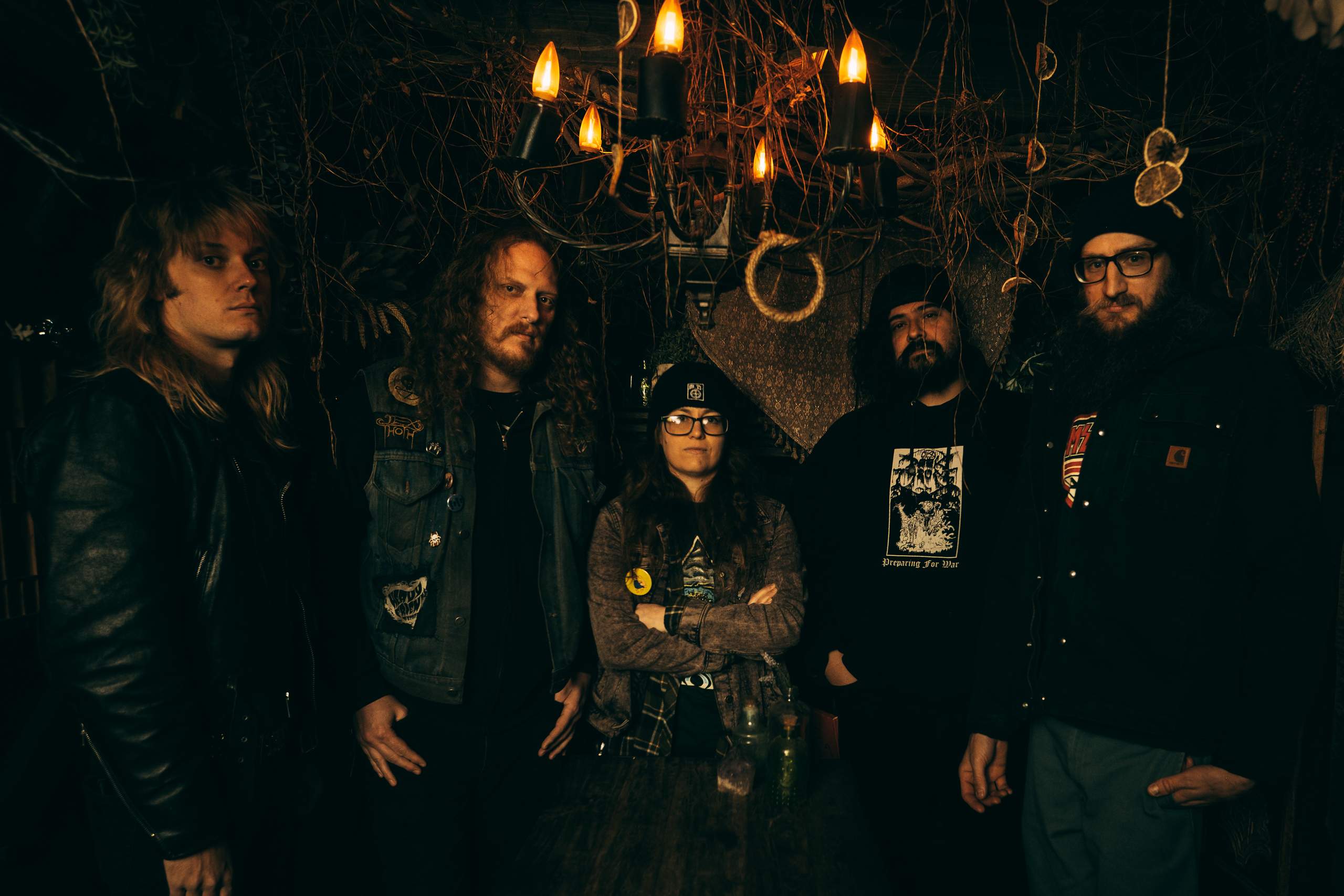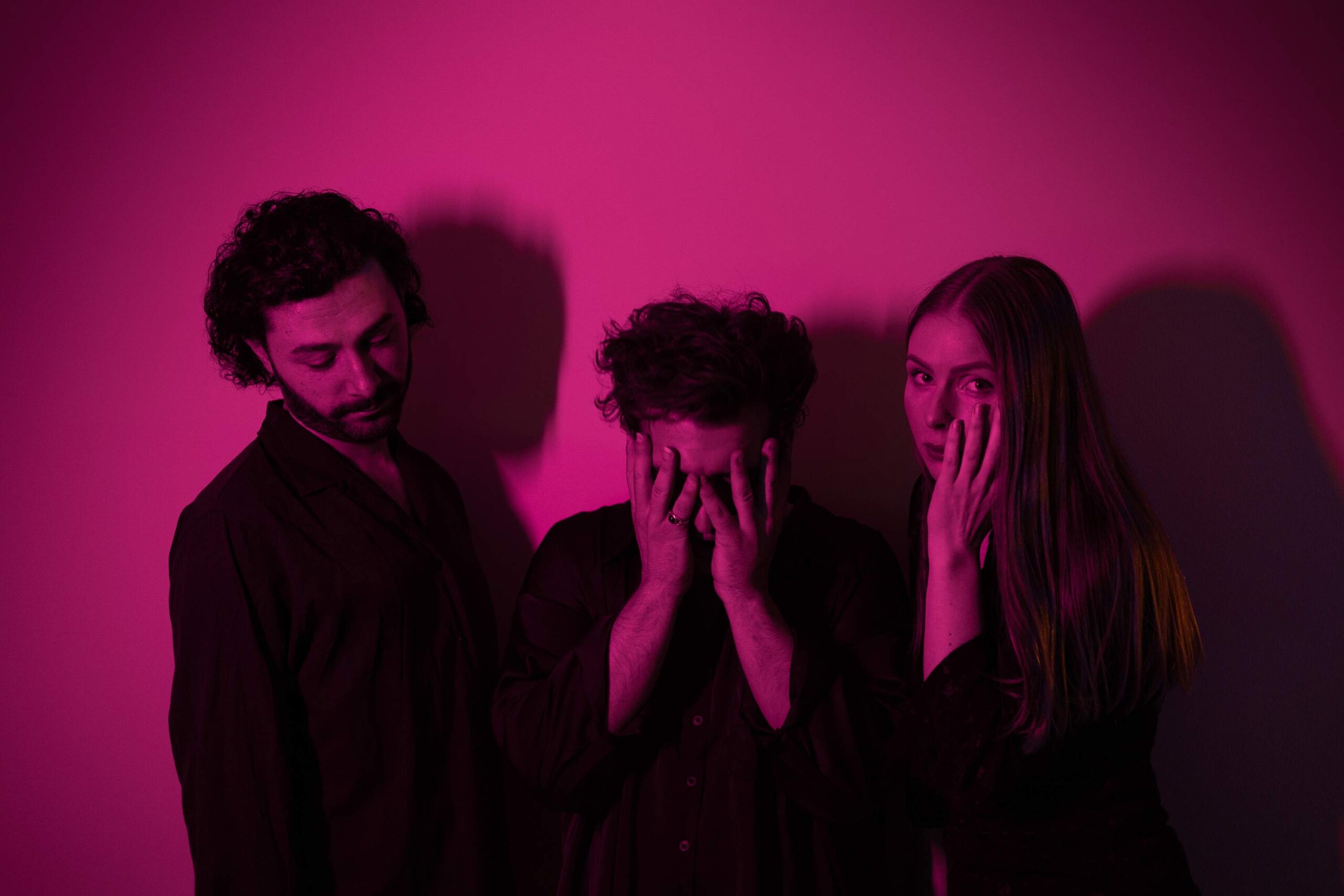The Allman Brothers Band | Interview | Last Performance, Now on Record
October 28, 2014—mark that date, because it wasn’t just the end of a chapter, it was the closing of the book. The Allman Brothers Band’s final show at the Beacon wasn’t a “goodbye,” it was a battle cry, a defiant roar in the face of time itself.
For 45 years, they didn’t just play rock ‘n’ roll; they wrote it, they bled it into the very walls of every venue they graced. And that night at the Beacon, you could feel the weight of that history pressing down, like it was about to crack the sky open. As the first notes of ‘Trouble No More’ rang out, it was clear the band wasn’t just playing a set—they were honoring the journey of the Brothers. When the last echoes of their music faded, we were reminded that when a band burns as brightly as the Allman Brothers, sometimes it’s best to let that flame flicker out on its own terms, leaving behind only a memory, a beautiful one at that.
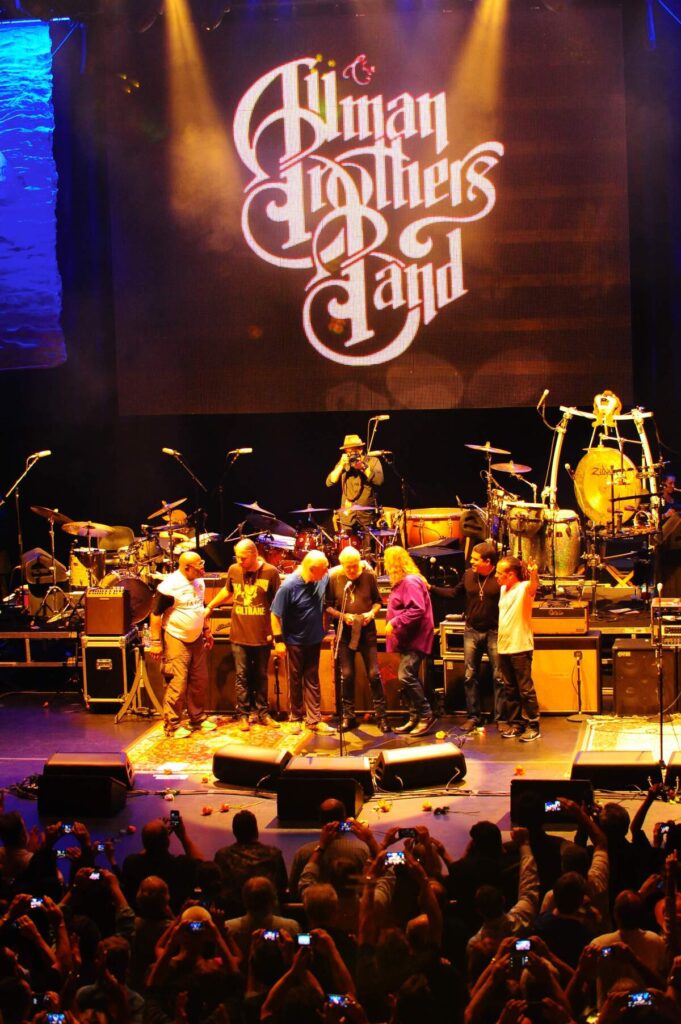
“It was the longest Allman Brothers Band concert ever played”
‘Final Concert 10-28-14’ is being released a decade after that historic night at the Beacon Theatre. Looking back, what emotions were running through your heads as the final notes of ‘Trouble No More’ echoed through the hall? Did you truly feel that was the last chapter, or was there a sense that the spirit of the Allman Brothers would linger on, in some form, forever?
Warren Haynes: Let’s start with the fact that it was the longest Allman Brothers Band concert ever played—and that was intentional. We played three sets of music that night. The goal was to leave it all on the stage after years of talking about when and where to go out. We wanted to go out on a high note, and I think I can speak for everyone involved in saying “we did.” It was a very emotional night, but also a joyous one. I was very proud of us. The ABB spirit will definitely go on.
The Beacon Theatre became your spiritual home over the years, like the ultimate sanctuary for the faithful. How do you think those legendary “March Madness” runs changed the band’s dynamic and relationship with your audience?
Warren: There were fans who had literally seen dozens, in some cases hundreds, of shows. Our mission was to provide a different experience every night by changing the setlists and even the arrangements and approach to the songs themselves. In addition to the amazing New York City audience, there were tons of folks who traveled to be part of the experience. The crowd was a huge part of the “vibe,” and the energy we received from them pushed us to go to a higher level, musically speaking, than we would be capable of in a studio or rehearsal setting.
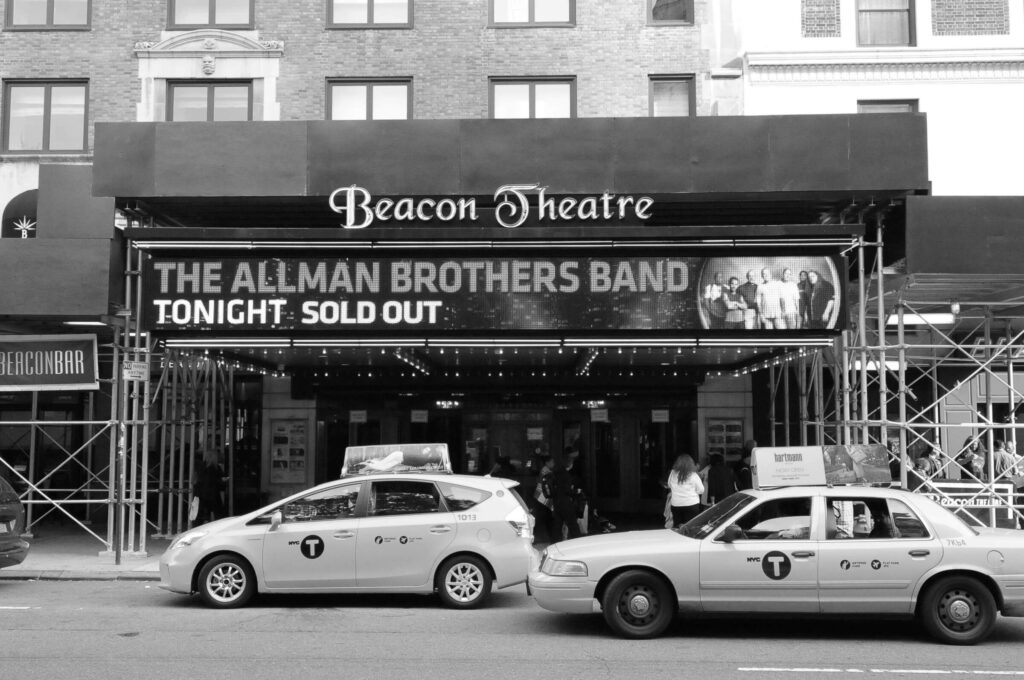
The final setlist seems like a love letter to your entire career—pulling from the deep cuts and paying tribute to the original six. How did you approach selecting those tracks?
Warren: We just wanted to deliver the strongest “fan-centric” show we could. Each of the songs we chose was selected knowing that it would connect with the crowd—not just on a song basis, but on a performance and arrangement basis as well.
You kicked off that night with ‘Little Martha’ and closed it with ‘Trouble No More’—a perfect circular narrative. How intentional was it to end with that same song that started it all? Was it a symbolic way of tying up loose ends, or was it just as much for the die-hard fans who’ve been there since the beginning?
Warren: Both. It gave a sense of closure to the event, and the die-hard fans would understand the significance of ending with the first song the band ever played.
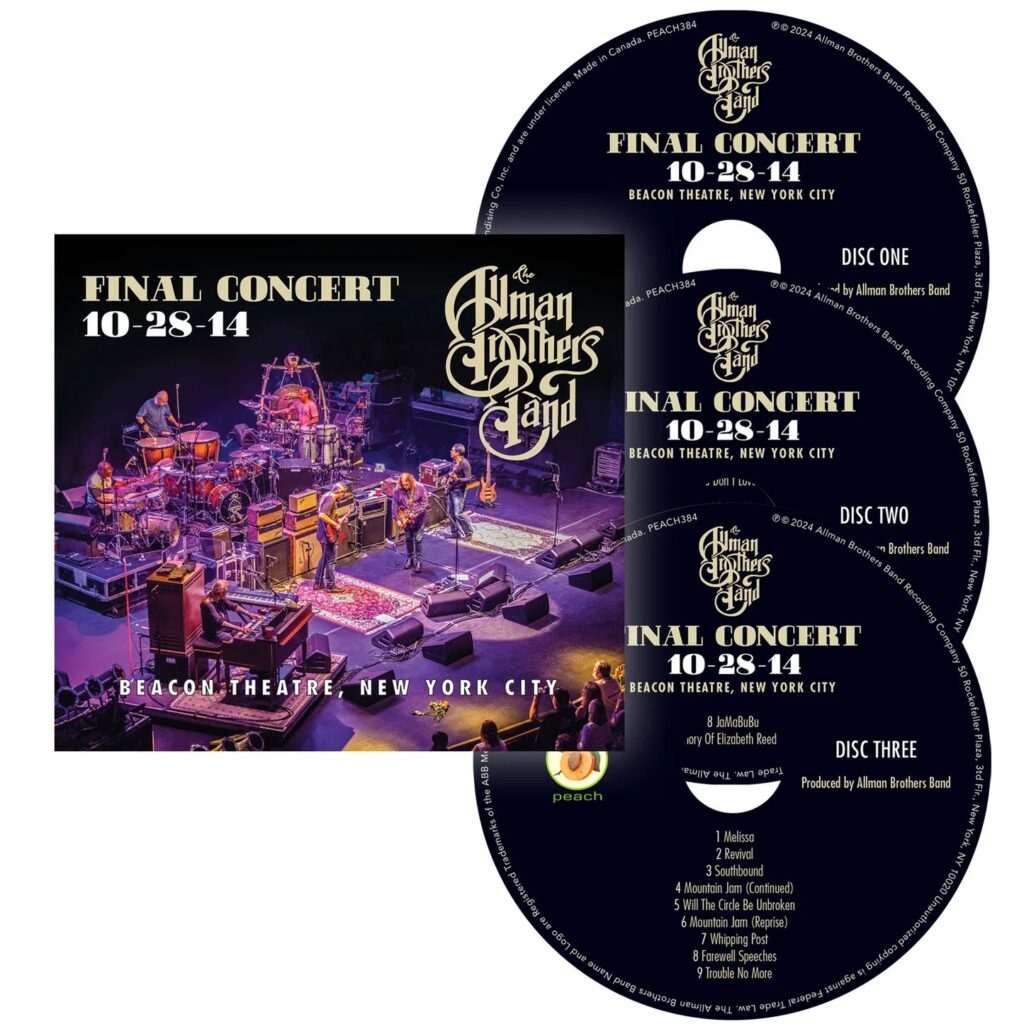
Oteil, you laid down that bassline that kicked off ‘Whipping Post’ with a kind of raw intensity, like a farewell cry. Did you approach that night any differently musically, knowing it might be the last time playing those songs together?
Oteil: The short answer is yes. Honestly, I try to approach every gig this way. After another friend or bandmate has passed, it always blows my mind to recall that I had no idea that the last show we played together was going to be the last one ever. Who of us really knows when our last one will be? When you remember that alone, you play it differently.
The Allman Brothers Band has always had this inherent push and pull between celebration and loss, between blazing forward and honoring the past. How did those themes find their way into your final performance, especially knowing it fell on the anniversary of Duane’s passing?
Warren: I think choosing that date brought everything even more front and center. We wanted to do an intensified version of what the band did every night, which was to keep it moving forward while honoring the past.
In the studio, you can control every sound, every nuance. But on stage, there’s a wildness to live music that’s always been central to the Allman Brothers’ mythos. How did you balance that tension between tight musicianship and the raw, unpredictable energy that night?
Warren: We all enjoy and even prefer the “live” experience more than recording in a more controlled environment. That’s where the magic happens.
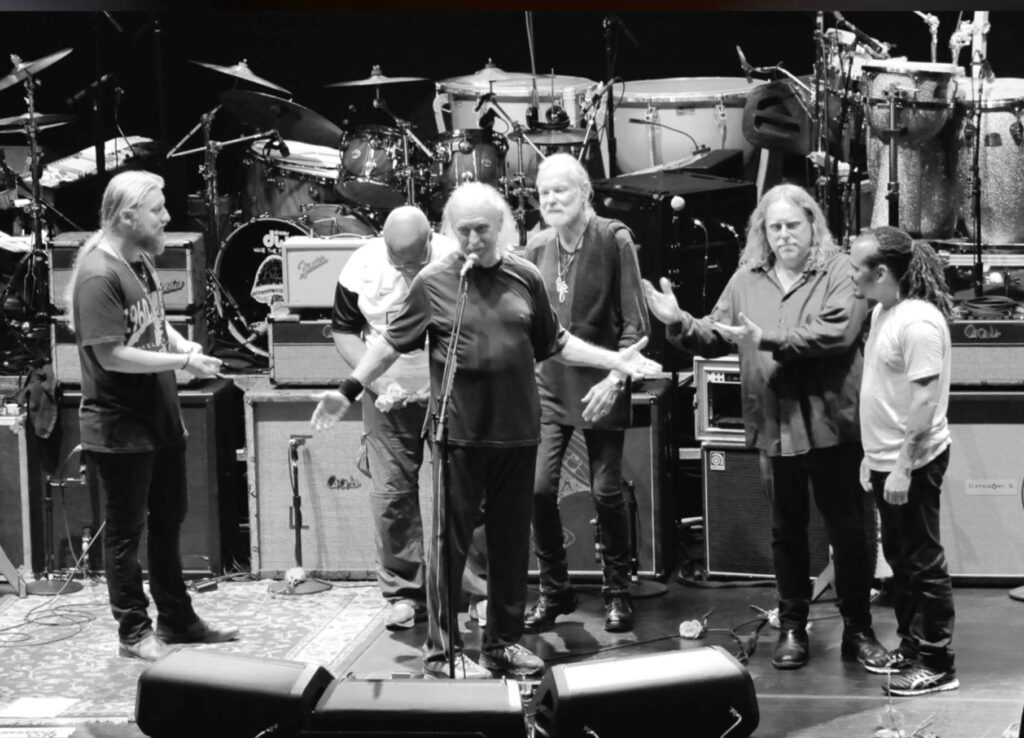
“You can never force the “magic” to happen.”
Warren and Derek, the interplay between your guitars has always been electric. That night at the Beacon, did you feel like you were channeling something different—maybe a spirit from the past or even a future yet to be written?
Warren: Absolutely. There was a lot of history propelling us that night—even more than any given night—but it could have backfired. You can never force the “magic” (not my term) to happen, but thankfully, it did on that night.
With ‘Final Concert 10-28-14’ now remastered, how do you hope new listeners—perhaps those who never saw you live—will connect with this recording?
Warren: It’s a good example of what that version of the Allman Brothers Band delivered on a nightly basis, and it captures a lot of the history as well, from a song standpoint and from a standpoint of the band’s musical philosophy and approach to improvisational performance.
When Butch Trucks mentioned that the band was “bookending” its history, there’s a sense of full-circle closure. Do you think this finality captured the essence of what the Allman Brothers Band meant, or is there a part of you that feels like there’s still more to be explored in that legacy?
Warren: I think we captured the essence of what the band stood for, but it will be carried into the future by musicians that are influenced by what the Allman Brothers Band created.
From the first roaring chords of ‘Mountain Jam’ to the final hush of ‘Trouble No More,’ the night seemed like a long, beautiful trip. What was it like knowing that, at any moment, one song could be the last? Did it change how you played each note?
Warren: The energy that was in the room that night helped push us into that space where you strive to tune everything out and just let the music flow through you. That’s when it’s the best.
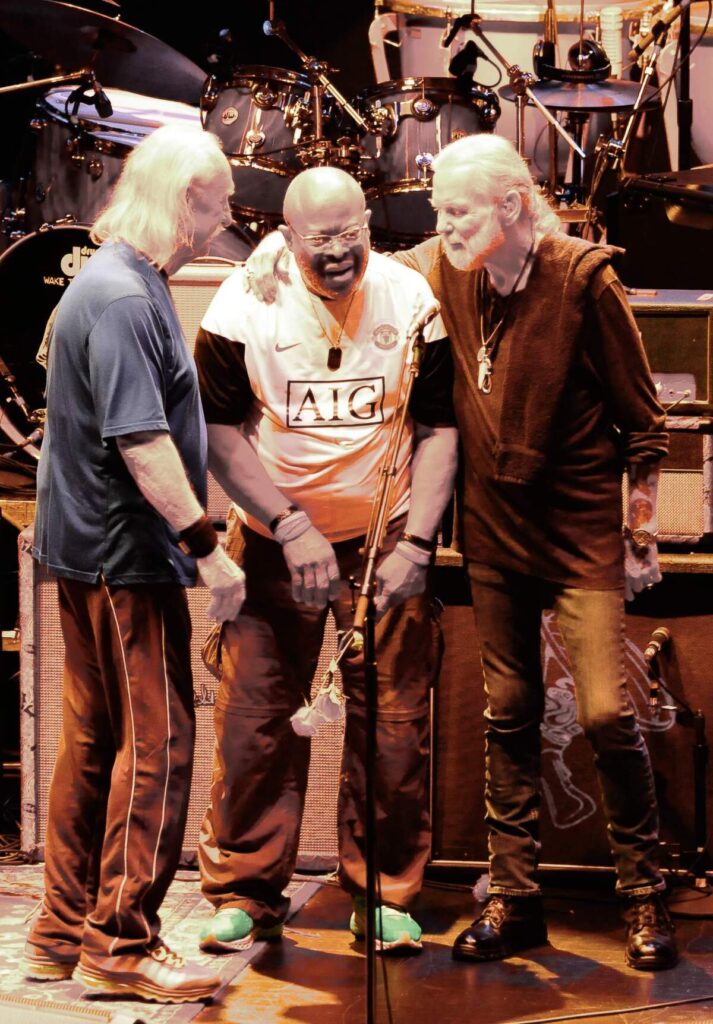
This release is a time capsule, but it’s also a reminder of what the Allman Brothers Band brought to the table—soul, sweat, and a bit of stubborn defiance. If you could transport yourselves back to that night for just one more song, which one would it be, and why?
Warren: I think I’m okay with what we chose to play.
Klemen Breznikar
The Allman Brothers Band Website / Facebook / Instagram / X / YouTube

